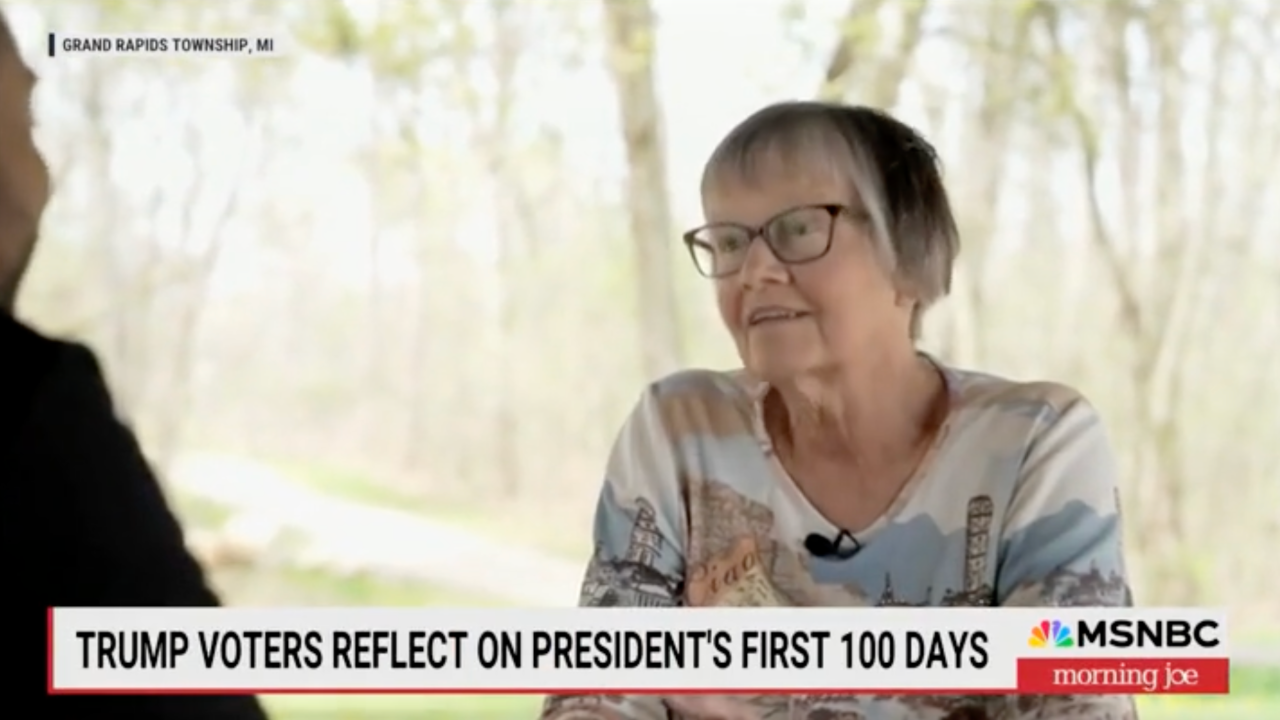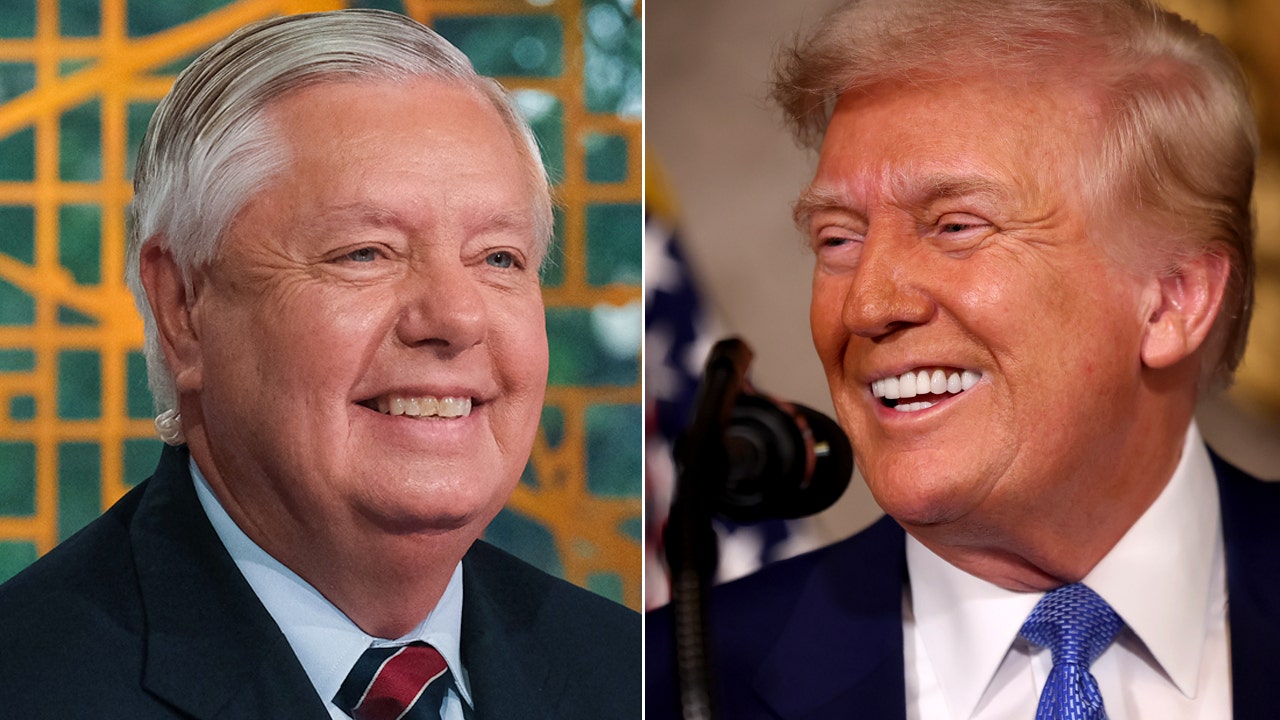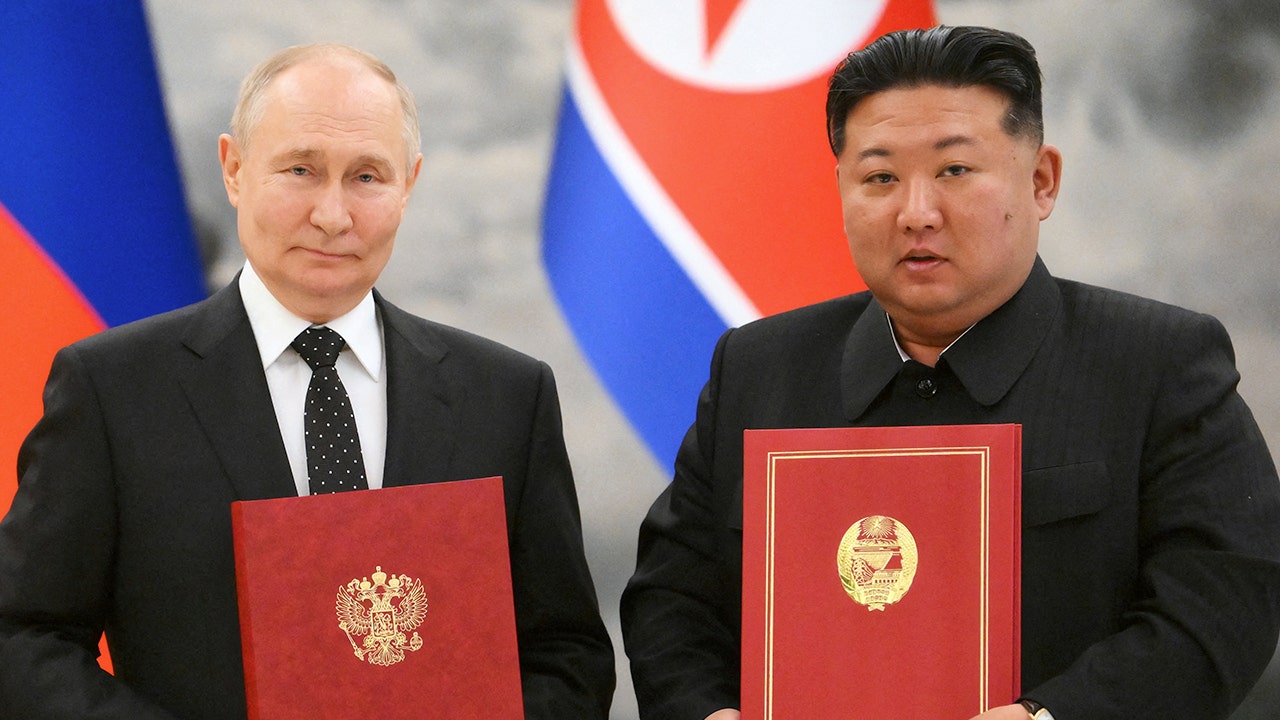
Judge Mushtak Parker initially claimed he was assaulted by then judge president John Hlophe but later retracted. (@OCJ_RSA/X, formerly Twitter)
- Western Cape Judge President John Hlophe was removed from office after a tribunal found him guilty of impeachable gross misconduct for trying to sway two ConCourt justices to rule in favour of then ANC president Jacob Zuma.
- Hlophe’s then-deputy Patricia Goliath also accused him of using abusive language and assaulting a fellow judge, Mushtak Parker, in February 2019.
- Despite deposing to an affidavit about the incident, Parker later claimed he may have misremembered the alleged assault. He is facing impeachment over this conduct.
Western Cape Judge Mushtak Parker's attempt to backtrack on his accusation that then-judge president John Hlophe had assaulted him should be rejected as "false, fanciful, ill-conceived, and spurious", a Judicial Service Commission (JSC) evidence leader has argued.
Dr Chris Nzengu, a National Prosecuting Authority (NPA) advocate who led the evidence against Parker in a gross misconduct hearing, argues that the judge’s failure to explain his differing accounts of the alleged February 2019 assault, or respond to the accusations of trust fund misappropriation against him, was behaviour "not expected of or from a judge".
Parker had missed the "opportunity to set out his version of what occurred or how we got to these two complaints; and therefore closed the door to the Tribunal in knowing what his version is, and motive", Nzengu stated in heads of argument.
Parker swore under oath and told multiple judges that Hlophe had attacked him in the apparent belief that he'd sexually harassed his then-wife Judge Gayaat Salie-Hlophe. During that alleged assault, Parker claimed Hlophe said he would "f**k" him up and shoved him into a cupboard, breaking a key.
After Hlophe’s then-deputy Patricia Goliath raised Parker’s alleged assault in a separate gross misconduct complaint against the then judge president, Parker sought to retract his assault accusations – something Nzengu said led to "stressful tension within the bench in in Cape Town, to the extent that a number of justices resolved not to sit with [Parker] or share the bench with him".
"And that is the consequence of the untruth," he said, later adding that Parker’s subsequent denial of the assault would be rejected "because it cannot stand the test of time".
"With that false version having been eliminated… then there’s only one that remains: that indeed [Parker] was assaulted by Dr Hlophe, suffered the injury and his fall led to the broken key."
READ | Parker remains silent as judges detail how he accused Hlophe of jealousy-fuelled assault
On Tuesday, Nzengu stressed that all the evidence which was led in the inquiry, particularly the corroboration given by 10 judges in relation to the Hlophe assault complaint, had effectively confirmed that the assault "took place, and that is the truth".
Arguing for the judges who had complained about Parker’s apparent dishonesty about the alleged Hlophe assault, advocate Geoff Budlender said the judge was accused of lying "in order to confirm a false denial which Judge Hlophe intended to submit to the JSC under oath".
"We submit that if this is the case, it's extremely serious. The JSC needs to be able to rely on the truthfulness of what it is told," Budlender added.
"A false denial, as in this instance, would amount to an attempt to prevent the JSC carrying out its constitutional function of establishing the truth with regard to an allegation of misconduct against the judge.
"It gets no better if the truth is that Judge Parker was not assaulted by Judge Hlophe because, in that event, Judge Parker lied in an affidavit which he dictated, and he lied to eight of his judicial colleagues over an extended period of continuous conversations over a year.
"This would mean that he repeatedly and over a year lied to his judicial colleagues and spread a false and scandalous allegation that the judge president had assaulted him and he made that false allegation under oath in an affidavit."
Parker's counsel William King SC did not respond to any of these arguments.
Instead, he stressed that the judge’s decision not to dispute the facts led in the hearing should not be considered as an "aggravating factor" against him.
After being pressed on what he meant by this by tribunal panel member, retired Judge Phillip Boruchowitz, King said this was "in terms of the sanction" that Parker now faces.
If he is found guilty of gross misconduct, Parker faces the prospect that the JSC will recommend that he be removed from office and lose all his judicial benefits.
"We are not dealing with the gravity of the offences, in this silence of Judge Parker in these proceedings," King said.
READ MORE | Falsely accused in his Chief Justice interview, Mlambo is now a candidate for deputy
During a virtual hearing of a Judicial Service Commission (JSC) Tribunal in February, Parker also elected not to dispute Cape Bar Council allegations that, prior to being appointed as a judge and while acting as a lawyer, he and his partners misappropriated funds from their trust creditors – and failed to disclose that there was a multimillion deficit in the firm’s trust account to legal authorities.
Former Cape Bar Council chairperson Andrew Breitenbach testified that Parker had failed to disclose this trust account deficit when he was nominated and interviewed for a position as a judge, despite being required to do so.
Nzengu argued on Tuesday that there was clear "evidence of misappropriation of the funds in the trust account", as well as evidence that Parker was "fully aware" of this.
Tribunal chairperson, retired Judge President Bernard Ngoepe, has reserved its decision.
.png)
 German (DE)
German (DE)  English (US)
English (US)  Spanish (ES)
Spanish (ES)  French (FR)
French (FR)  Hindi (IN)
Hindi (IN)  Italian (IT)
Italian (IT)  Russian (RU)
Russian (RU) 







Comments